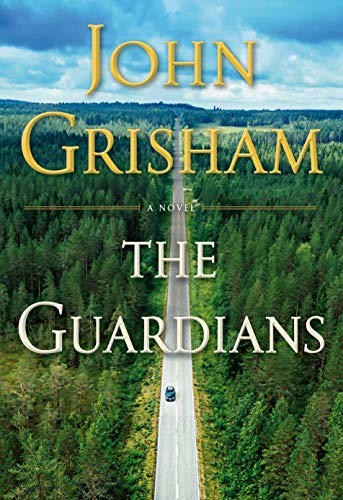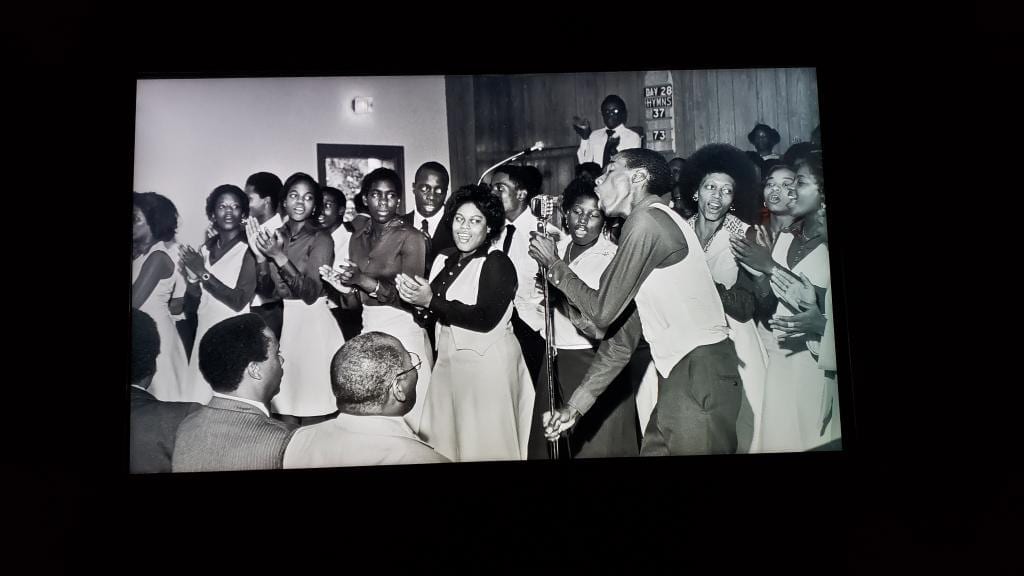One of the things that has really irritated me about various ‘Progressive’ Christian blogs on this website is the false assumption that Evangelicals in general are in lock step with our immoral President, or simply turn a blind eye to his sins which are many. Well, Mark Galli, the senior editor at Christianity Today, has now made perfectly clear that Evangelicalism, like the rest of the country is quite divided on the issue of Trump and whether he should be... Read more

















